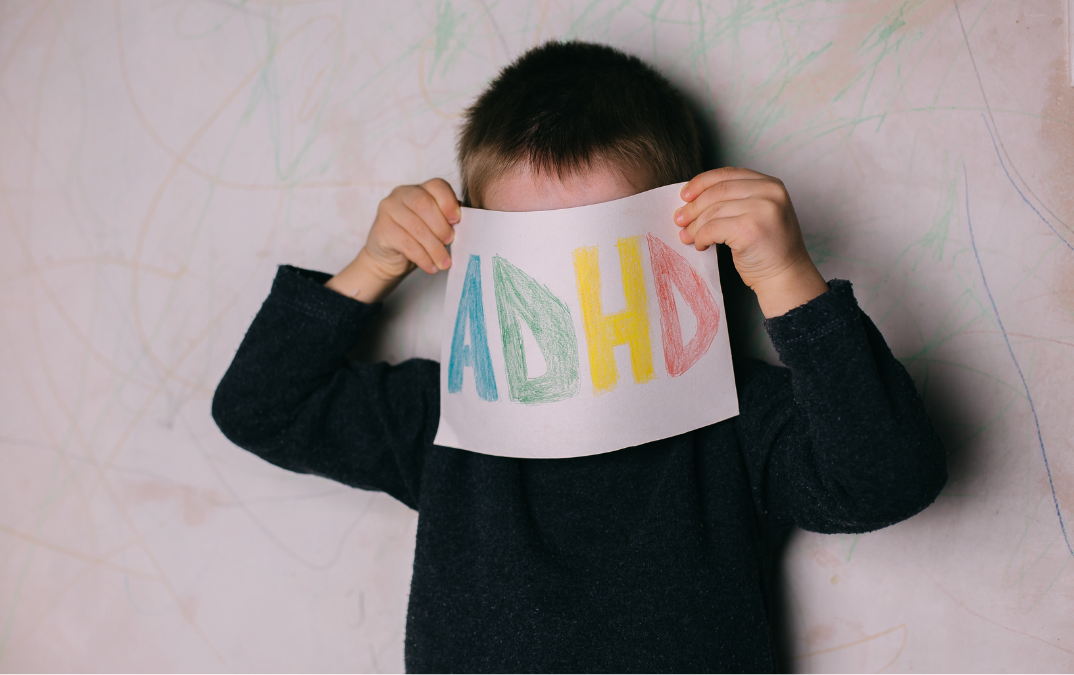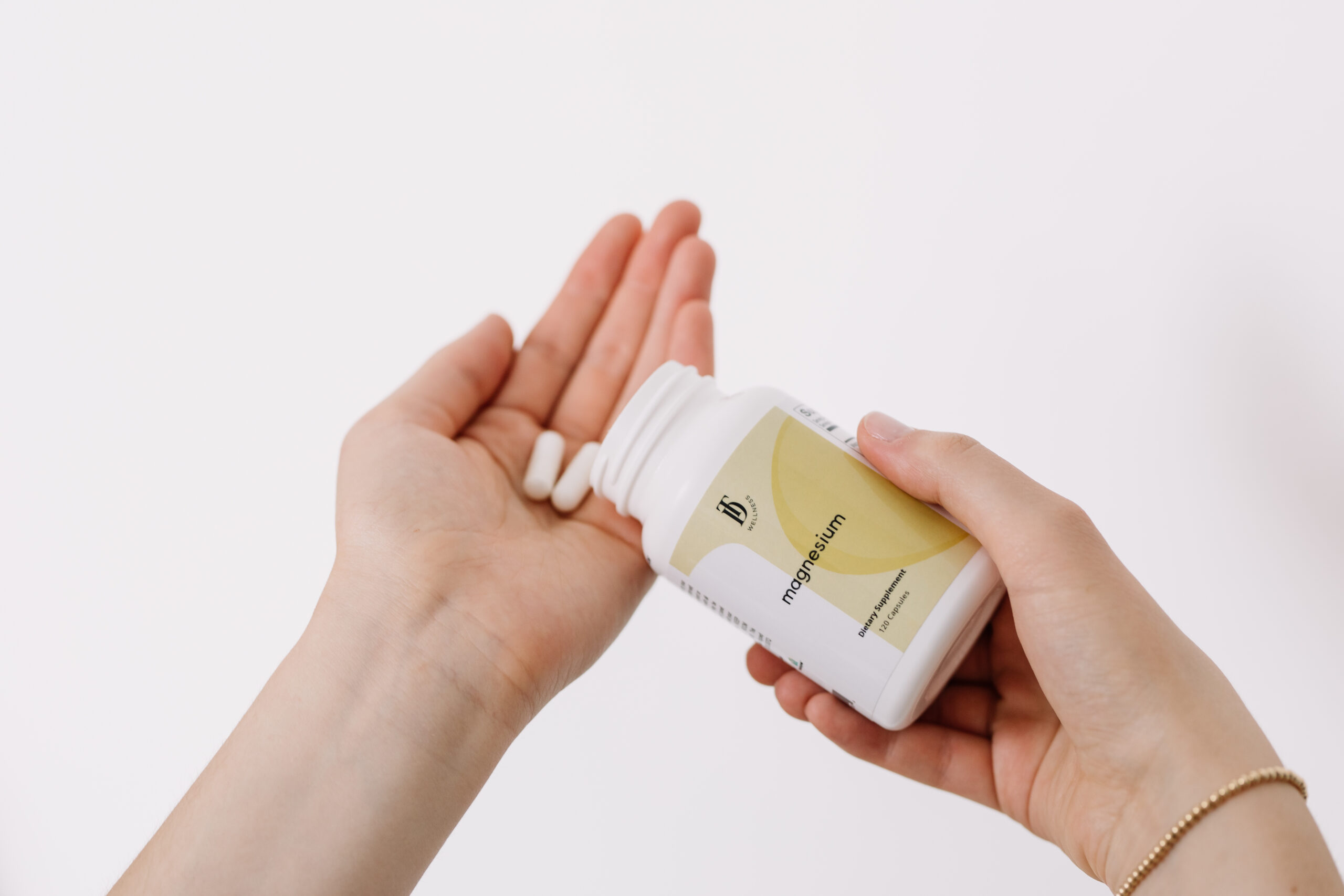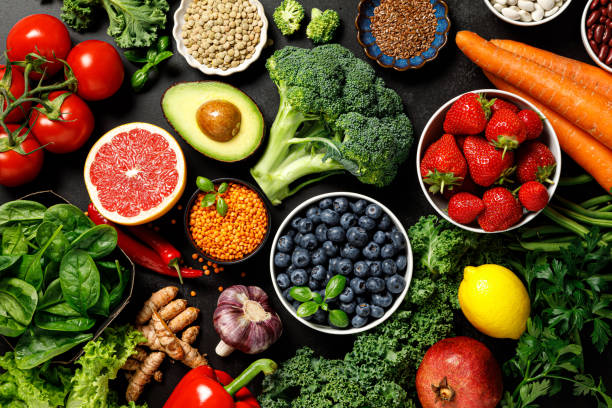ADHD Holistic Approach: 8 Tips for Your Toddler

Does your toddler commonly have extreme outbursts, trouble focusing (even to eat!), and lacks caution with strangers…forget about “stranger danger”? While these could come across as normal behavior in toddlers, they could also be a sign of ADHD.
Instead of grabbing for the prescription medications during such a young age, try some ADHD holistic approaches to address the symptoms for your toddler.
How Common is ADHD in Toddlers?
If your child shows signs of ADHD or has already been diagnosed with ADHD, they aren’t alone. An astounding 1 in 11 children, ages 4-17, have a current diagnosis of ADHD. Let’s also keep in mind that there are MANY more children showing signs of ADHD, but haven’t been formally diagnosed.
Does My Toddler Have ADHD?
It’s not so simple to diagnose in toddlers, as their attention is on one thing and then the next as is! But ADHD symptoms in toddlers are a bit more than that.
ADHD Symptoms in Toddlers
The while some signs of ADHD in toddlers may be common sense, others may surprise you. It could show up as:
-
being overly squirmy
-
constantly in motion, without able to sit still for activities like reading books or eating
-
being extremely impatient with others
-
trouble controlling their emotions
-
aggressive behavior when playing
-
lack of caution with strangers
-
inability to hop on one foot by age 4
-
and more
If you are thinking your child could have Attention-Deficit / Hyperactivity Disorder, putting them on medications isn’t the only solution. There are natural approaches to boost their focus and attention and reduce their ADHD symptoms.
My Top 8 Tips Towards an ADHD Holistic Approach for Children
Treating ADHD in toddlers naturally doesn’t have to be a complete nightmare. They are already struggling enough, so it’s our job to support them in the easiest and best possible way so they can continue to make developments!
Sometimes, it’s as simple as knowing triggers that can immensely reduce ADHD symptoms in toddlers. Addressing the root cause of your child’s symptoms should be the primary focus, not just covering them up.
Let’s first chat real quick about how ADHD isn’t just a brain problem. It’s a gut problem too! They do say your gut is your second brain! So when you want to address your child’s ADHD naturally, think about GUT HEALTH!
How To Boost Your Child’s Focus And Attention
1. Improve Gut Health
Did you know around 90% of your neurotransmitters are produced in the gut! Dopamine, a neurotransmitter & our reward hormone, makes us feel motivated and helps keep us focused, pay attention, and stay on task.
If the gut is unbalanced, meaning more bad bugs are flourishing rather than good bugs, then we’ve got a problem.
The good bugs (aka beneficial bacteria) help carry out necessary functions like hormone regulation, hormone secretion, and nutrient absorption (which is then later needed for other hormone production).
If your child doesn’t have the good gut bugs in there, then their reward hormone, Dopamine, will be lacking! (hello, reduced attention and focus!).
Improve Gut Health to Address ADHD Symptoms By:
-
Take a high-quality probiotic (stool testing from a functional medicine provider is a great way to know which probiotic is right for your child.)
-
Serve them a colorful variety of whole organic foods, including healthy fats, antioxidants, magnesium, and iron-rich foods. The variety of healthy foods support a variety of bacteria and the production of neurotransmitters!
It only takes 48 hours for the gut microbiome to change depending on the diet your child is consuming. Starting a healthy diet RIGHT NOW is the easiest and quickest way to get started.
-
SunBasket meal delivery makes healthy dinners extremely easy and delicious.
-
In a rush? Try Serenity Kids Organic Food pouches when you’re on the go. They are a brand I personally trust with my son!
-
I also love giving my son organic bone broth (Use code TAYLORDUKES for discount). He loves it, and his gut loves it!
-
Address fungal overgrowth like candida or ringworm can cause havoc on the gut and exacerbate ADHD symptoms.
2. Avoid Food Colorings, Food Preservatives & Added Sugar
Speaking of food, you truly want to avoid any food coloring. It’s well studied that food dye can increase the risk of ADHD in children. In fact, 1 in 3 children who already have ADHD see improvements when artificial dyes are removed from their diet. 1 in 3!
While whole foods are the best, if you do grab packaged snacks, be sure they say no artificial food dyes, or better yet, read the label yourself!
But the best way to color foods is by yourself with natural foods! Try beet juice, turmeric, spirulina (blue and green varieties) to put in a pop of color.
3. Avoid Environmental Toxins & Mold
Kids are especially susceptible to environmental toxins. Toxins can wreak havoc on your child’s gut AND brain health.
Sadly many damaging chemicals are allowed in our household products, carpeting and flooring, cleaning and lawn products, and even on children’s clothing and toys! Yes, seriously! It’s messed up, right?
I HIGHLY recommend cleaning your home with a nontoxic cleaner (I personally love Branch Basics – use code TAYLORDUKESWELLNESS for a first-time customer discount) and buying organic clothes and nontoxic toys as much as possible.
Also, check your home for mold. Sometimes hidden mold in your home could be a trigger to their ADHD. Studies show that there are harmful effects of early postnatal exposure of indoor molds on children’s cognitive development. If you think there may be mold, there are relatively cheap home mold tests to be sure!
4. Avoid Potential Allergens & Sensitivities
If your child has an underlying food sensitivity, it could be exacerbating the ADHD symptoms. Gluten, eggs, and dairy are some of the more common culprits. The elimination diet may help you figure out if certain foods cause your child to act up more than normal.
However, that process can take a while to figure out, and sometimes it’s not clear. A food sensitivity test from a functional medicine provider is a great place to start. They can tell you exactly what foods may be contributing to their ADHD symptoms.
5. Try Behavioral Therapy or Kids Play Therapy
This can be a great option to help teach kids how to manage their symptoms like hyperactivity, impulsiveness, and inattention. It may help your child process their own emotions or articulate problems to you.
6. Ensure Adequate Sleep
Going back to gut health, it’s vital that it’s in balance because that’s where vital hormones are secreted that support quality sleep.
For example, the majority of our serotonin, which is the precursor to melatonin, is also produced in the gut. If your child isn’t making enough of this feel-good hormone, they could experience anxiety, depression, and sleep issues.
Focusing on gut health as well as encouraging quality sleep can be beneficial to reduce ADHD symptoms in kids.
To encourage better sleep for your young one, try the following:
-
Limit screen time 1-2 hours before bed. Encourage reading at the end of the night instead of phone time.
-
Turn household WiFi off at night to reduce EMFs.
-
Use black-out curtains to make the room extra dark. If they need a nightlight, set up a soft light, salt rock lamp.
7. Serve A Healthy Breakfast
Natural ADHD remedies for toddlers don’t have to be hard! Starting with a healthy breakfast has been shown to have reduced hyperactivity and increased focus, attention, and memory, correlating to better test scores.
8. Try Supplements to Improve ADHD in Toddlers
High-quality supplements are a great addition to the tips above. You should consult a functional medicine provider to make sure your child is taking the right dosage and supplement that is right for their body.
Functional lab testing can also help you determine the best fit.
Here are some Supplements for an ADHD Holistic Approach
-
Pycnogenol
-
Bacopa
-
Saffron
-
Magnesium
-
Phosphatidylserine
-
Zinc
-
Inositol
Stay Updated With Exciting News at Taylor Dukes Wellness!
We are always working on new ways to serve you on your health journey. Be the first to know about new offerings, health articles, and more by clicking here and filling out your information so we can be in touch.
Share This Post:
Your Wellness Deep Dive
- Be the first to learn about new healthy living resources, blog posts, and exclusive TDW offerings by getting on my insider list.
- Find healthy living products with ingredients you can trust – the same ones I personally use for myself and my family – in the TDW Shop. Check out our protein powders, electrolytes, supplements, and more!
- Get personalized support through the TDW Community. When you become a member, you get access to functional medicine expertise from me and my team, functional medicine lab testing and 1:1 consults, a digital library of exclusive wellness content, live monthly Q&As with me, and so much more!
YOU MAY ALSO LIKE:
Helping you get your gut right, improve energy, boost immunity, balance hormones, sleep better and look + feel your best
DISCLAIMER
PRIVACY POLICY
TERMS + CONDITIONS
ACCESSIBILITY
© 2025 Taylor Dukes Wellness
LEARN
SHOP
ABOUT
TDW Community
Free Guides
Blog
TDW Store
Fullscript
About Taylor
Press
Contact
COOKIE POLICY
SITE CREDIT
Trusted Products



